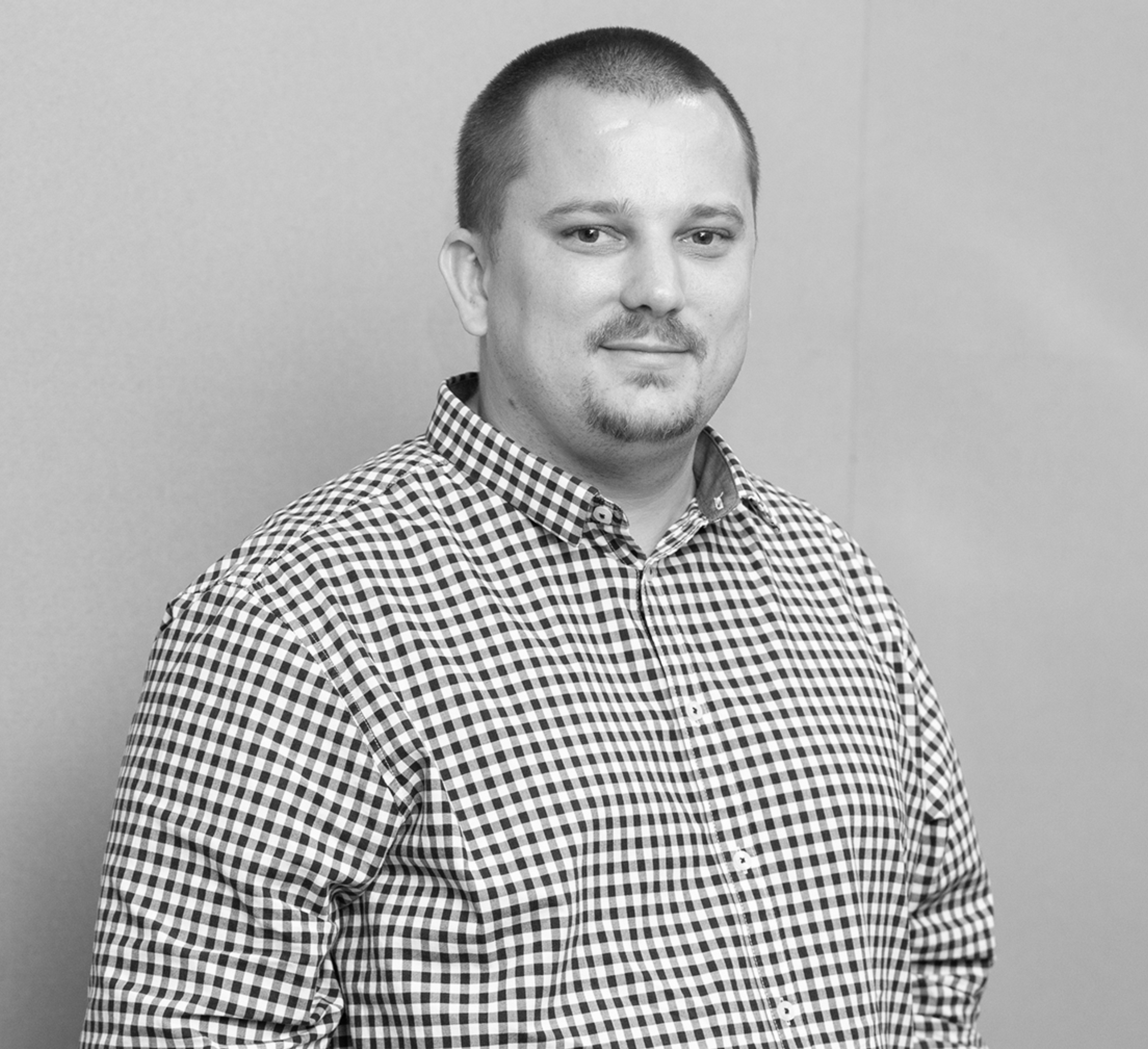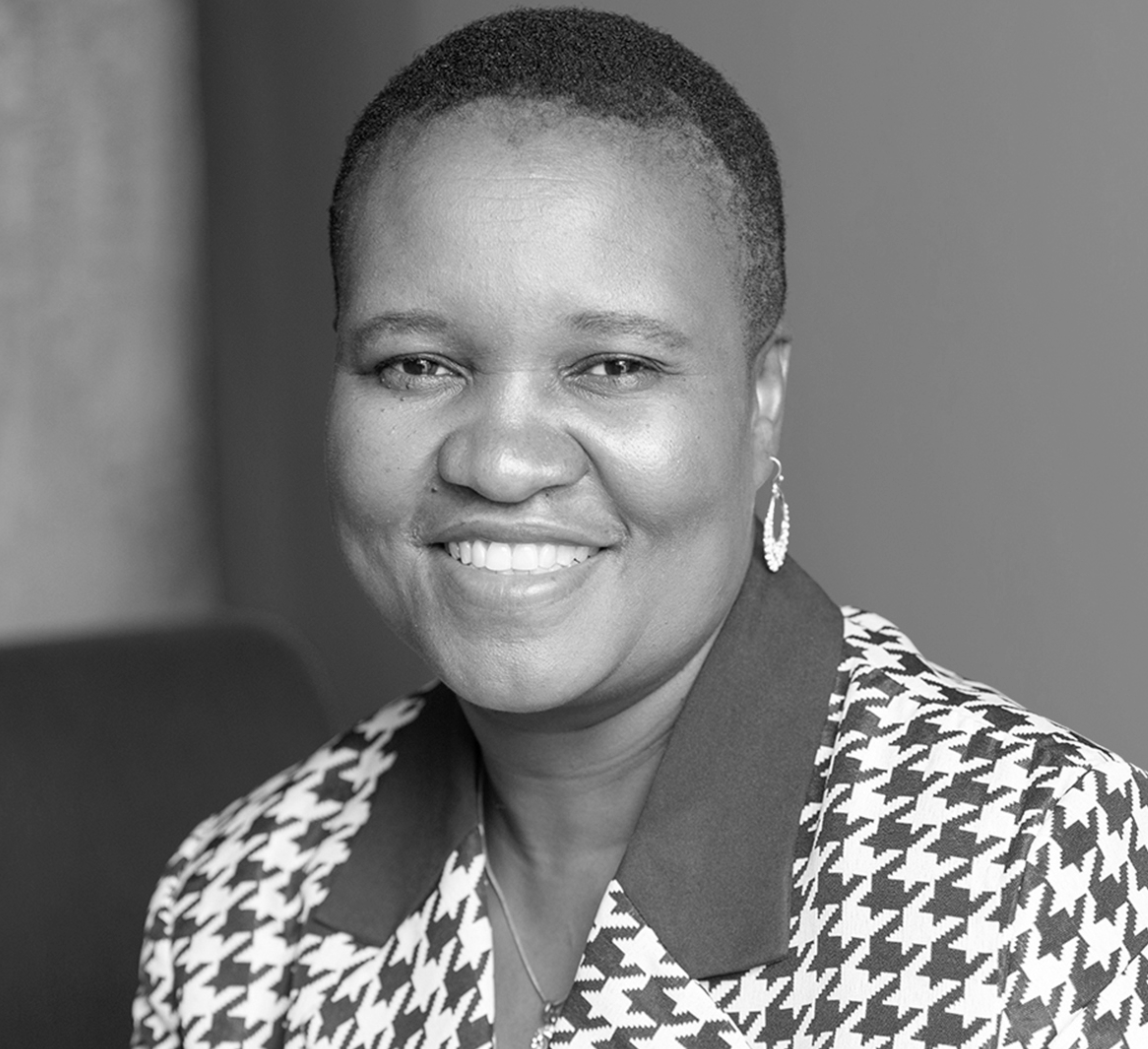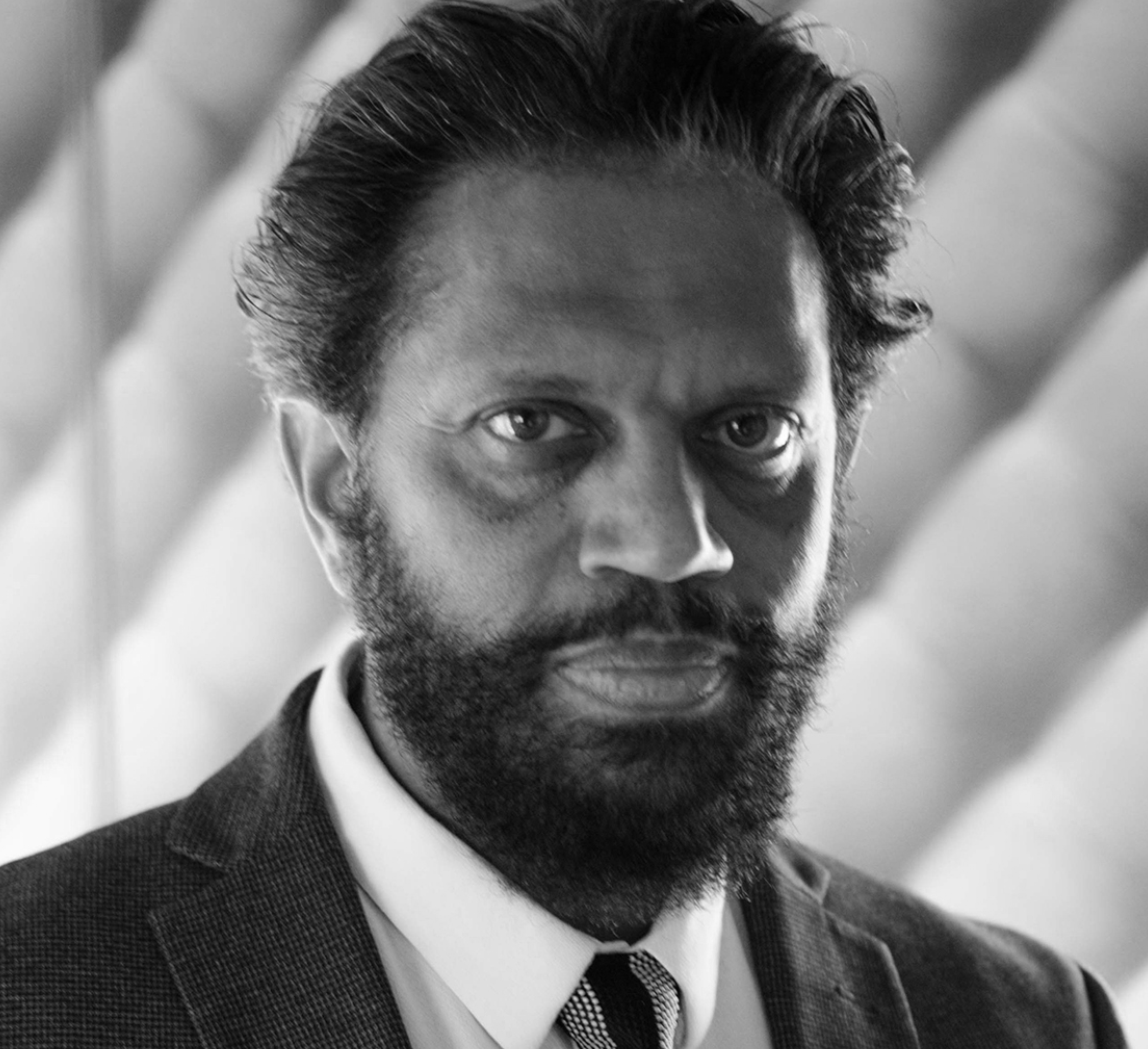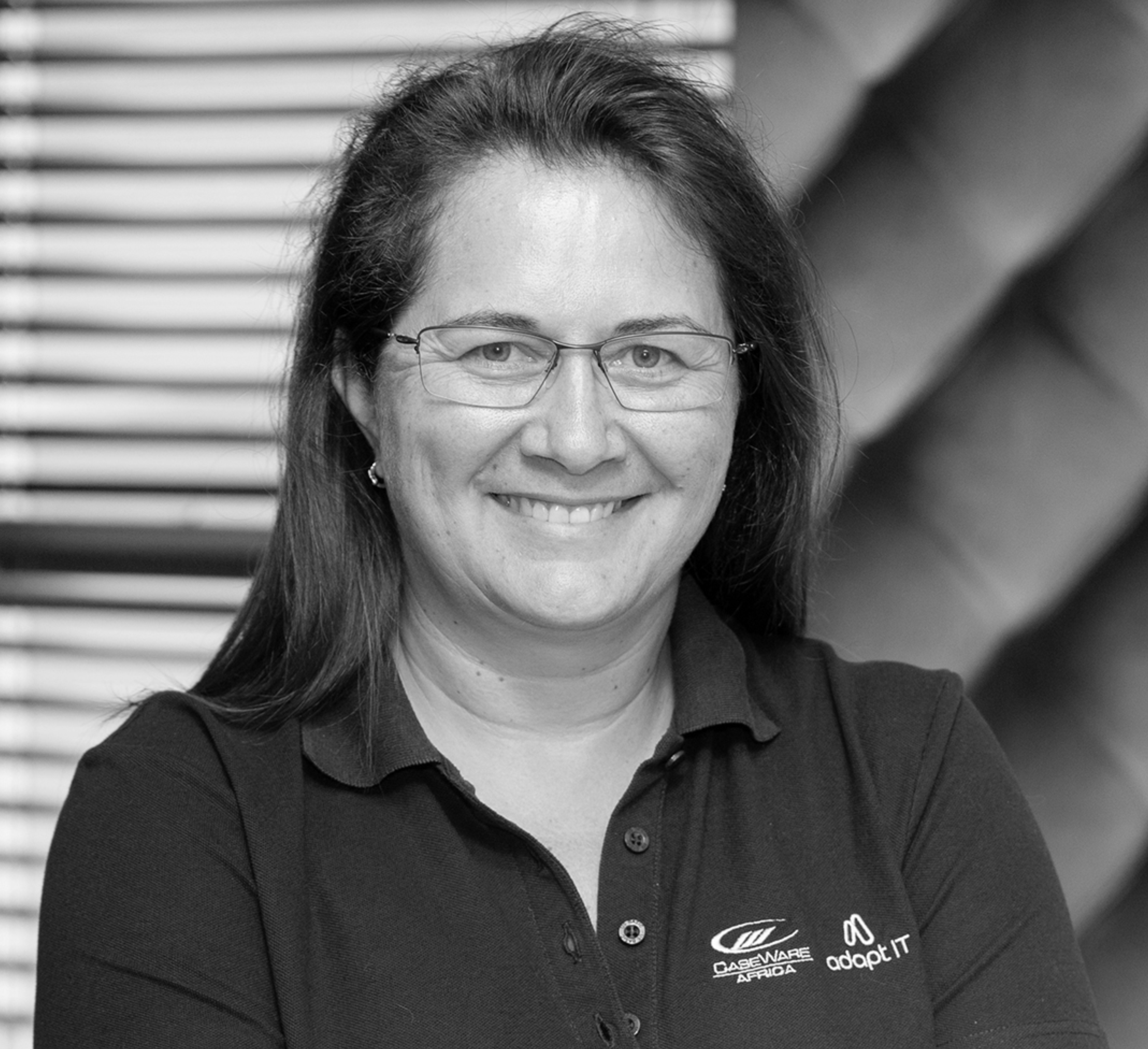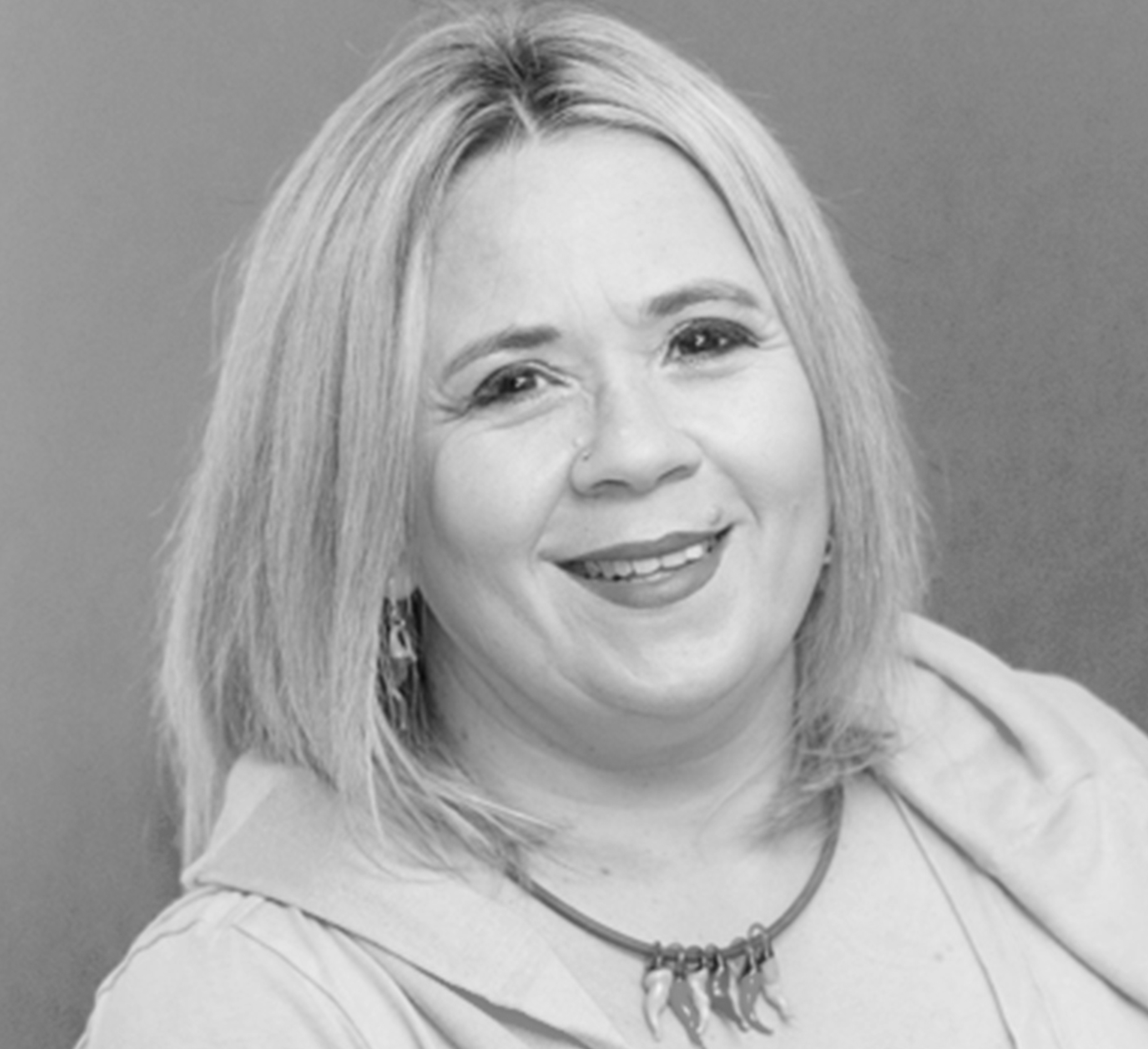40: Jerome Reip
Chief Financial Officer – Alistair Group
Alistair Group delivers logistics services in 14 countries, newly appointed CFO, Jerome Reip, explains how the group is poised for significant further expansion.

Obtain a Certified Financial Officer CFO (SA) designation
This really is the Formula 1 of accounting designations. The CFO designation is internationally recognised and validates the years of toil and ingenuity it takes to reach to the top of your field. You’ll be part of an exclusive and powerful network of CFOs and finance executives.
As a CFO (SA) you get to share in a wide range of benefits. You gain status as an international finance executive and achieve your listing in the official CFO Directory. You will receive exclusive invitations to the CFO Talks events and get a chance to connect with knowledgeable thought leaders within the CFO community, covering all issues affecting the CFO including business, social, technical and global issues.
For more information go to: https://saiba.org.za/cfo/
CIARAN RYAN: This is CFO Talks and today we’re joined by Jerome Rip, the chief financial officer for Alistair Group, which is a logistics company that was started in Tanzania and it’s now in 14 countries around the world. Welcome, Jerome.
JEROME REIP: Thanks Ciaran, it’s really a pleasure and most of all an honour to be here and share my experience with you.
CIARAN RYAN: You’re most welcome. First of all, tell us a little bit about Alistair Group, it may not be that well known to people in South Africa but I am sure to your clients around the world it is fairly well known, how did it come to be, when did it start?
JEROME REIP: Alistair Group started in Tanzania a bit more than ten years ago as a trucking business and in the last past years it has grown really fast, moving from that Tanzania business to Southern and East Africa business. So we work in Mozambique, DRC, Zambia, Namibia, South Africa, we move freight across 14 countries but we also provide warehousing customs clearance for all these clients from mining sectors to oil and gas sectors. Right now we have a fleet of almost 400 trucks, and cranes and forklifts that we operate in Mozambique. We will hopefully double the fleet this year.
CIARAN RYAN: From 400 to 800 trucks?
JEROME REIP: That’s the goal, we are quite confident that the market has a big need for transportation and we’re getting ready for that.
CIARAN RYAN: All of this infrastructure that you’re talking about, the cranes, the warehouses, that is all owned by Alistair Group, rather than leased or rented?
JEROME REIP: Definitely, we lease some warehouses and so on but in terms of trucks and cranes, it’s all owned by the group.
Double the fleet size in one year
CIARAN RYAN: How do you imagine that you will double the size of the fleet in one year, is this just the demand that is there that you are unable to satisfy, how does that come about? It’s very unusual that a company would double its fleet size in a year.
JEROME REIP: When you look at the fleet size from 2018, we basically moved from 200-something to almost 400. We believe that, I would say, due to the explosion of the sector, and especially the mining sector, we have great projects in the DRC for example Tenke Fungurume Mine that is owned by Freeport-McMoRan there are a lot of developments in the copper belt region and I think that we are well placed to have that really first class logistics that we want to have and we prepare ourselves through different ways, especially through technology, because technology is making us scalable. So we believe that what we do now with 400 trucks, we would be able to do it tomorrow with 1000 trucks.
CIARAN RYAN: So it’s scalable from 400 to 1000 relatively easily?
JEROME REIP: We believe so now, and that’s why I believe Alistair is unique right now because I really believe that being able to serve all corridors in Southern Africa, from Namibia, South Africa, Mozambique, Tanzania and more if needed.
CIARAN RYAN: Let’s come to that in a minute about the different corridors. One of the things that we were discussing off air was about researching Southern African trade, the big problem that you’ve got is border posts. You’ve got this old colonial thing where you go from South Africa to Zimbabwe, you’ve got the Beitbridge border crossing the Limpopo River, your trucks can be stuck there for five days, I even hear stories of 15 days, depending on the consignment and the complexity of the paperwork and so on. The same thing if you’re coming from Dar es Salaam to Ndola in Zambia, you’ve got that delay. Now, I believe that there is this new access agreement, what they call an access agreement, where they are trying to smooth that out, but it adds tremendously to the costs of transport and logistics in Southern Africa. If you are trying to get something from Lubumbashi in DRC to Durban, it can take how long?
JEROME REIP: If you need to go back and forth it could take more than a month.
CIARAN RYAN: That’s a huge cost.
JEROME REIP: Agreed but, again, it’s the same thing for everybody. So in a market we all have the same difficulties, we need to differentiate ourselves. That’s why we need to play where you can play, so that’s what we did with technology…
CIARAN RYAN: How does technology help you?
JEROME REIP: Just giving you some examples, we design all the trips internally that we could do and we are ready to press on a button. Whereas before a fleet manager had to prepare the trip, look at the expenses and so on, it could take so much time for no reason because we know all this before we start a trip. So now he’s just able to press a button and everything is done. So suppliers are aware that they need to deliver fuel or that they will have to receive some token for toll fees or whatever. So it’s ready and we can move forward very efficiently. That’s why the technology side is so important for us because we believe, as I said, if you’re able to do it for 400 trucks, it’s going to be easy to do it for 1000.
Bringing global experience to Africa
CIARAN RYAN: Tell us a bit about yourself, we can hear from your accent that you were not born here in South Africa, where did you come from and how did you end up here?
JEROME REIP: I am from Belgium, a very small town called Liège. So I’m a Belgian guy, I grew up in a very nice environment, playing soccer, and then I moved for my studies and, to be honest, when I was 18 I was not really aware of what I wanted to do at that stage. I thought that business looks nice because it means that doors are open. When you start studying business it doesn’t mean that you need to work in a hospital or you need to work in a bank, it’s open borders. That’s what I liked with that mindset. I started studying and in the meantime, I was working in fast food, working on nightshift and on the weekend while my friends were going out but it was a very good “school”. I had the chance to be a shift leader during nightshift and I then I had exposure to managing a small business. Yes, in a smaller size, but I was exposed to HR, accounts, supply chain and safety. So it was very interesting for me to do that, especially while doing my studies as a business engineer. Then I moved from there, did my traineeship in the DRC at PwC, so I had to do an Erasmus, which is a programme exchange for universities in Europe but for many reasons I didn’t have the opportunity to do it and mostly economically it was not feasible at that time for me. But then if you don’t do that Erasmus Programme you had to do your traineeship outside the country, abroad, just to make sure that you have that international exposure. As I am a kind of adventurous guy, I decided let’s do that, PwC in the DRC, in Lubumbashi. So that’s where it started and I completed my traineeship, I had a great experience because we were like eight in that office at that time. So it was great exposure to clients and to the directors of the firm at the time.
CIARAN RYAN: What kind of clients, were these mining companies?
JEROME REIP: Definitely, I worked for Tenke Fungurume Mining (TFM) as an auditor, at the time TFM was part of Freeport-McMoRan, and that moved two or three years ago to that Chinese group, CMOC. So I had that exposure and then when I went back to Belgium I started at PwC Luxembourg.
CIARAN RYAN: What year was that?
JEROME REIP: 2009, eleven years ago, I started as an auditor in asset management. I stayed there for five years until my audit manager status, I would say, and I had a secondment in New York as well, which was also a great experience in terms of international exposure. Then that partner in PwC Luxembourg remembered that we were talking about my traineeship in PWC DRC and at that time PwC Luxembourg wanted to create that secondment possibility between these two offices because there was a demand from PwC DRC for some exchange programme and I was basically contacted by that partner, she asked me if I was interested and I said yes, why not, it’s a good time to move after five years and see something different.
CIARAN RYAN: Five years in New York?
JEROME REIP: In Luxembourg. I just had a secondment in New York while I was in Luxembourg, that was only for four months.
CIARAN RYAN: So they sent you back to DRC for the second time?
JEROME REIP: Well, for them it was the first time because when I did my traineeship it was out of PwC Luxembourg but yes, it was my second time in that office. To be honest, it was quite different because from eight people there were like 30 and 40 people now due to the increase of mining business and so on. So it was very interesting. Then my very first client was the logistics group I finally worked for…
CIARAN RYAN: Alistair Group?
JEROME REIP: No, no, no, that was the Afritalia group was owning some companies in the DRC and that was basically doing trucking from DRC to Zambia and DRC to South Africa. So I worked there for almost five years and then in 2019 I moved to Alistair Group.
CIARAN RYAN: Where does the chief executive sit?
JEROME REIP: That’s the thing, we have entities in almost all the countries in Southern Africa and so the chief executive is moving around all the time. He’s still based in Tanzania and I believe there is still a love for the Tanzanian people, he started there, so definitely he’s still in love with Tanzania and I understand, it’s a really nice country. But with the business he is managing, he has to move a lot
CIARAN RYAN: How many staff are there in Alistair Group? You’ve given us the fleet size, what about the staff?
JEROME REIP: We hope to reach 1000 people this year.
CIARAN RYAN: And now?
JEROME REIP: We have about 750.
CIARAN RYAN: How many years have you been with Alistair Group?
JEROME REIP: This is my first year, it’s been about 5 months now.
What is driving growth in the logistics sector
CIARAN RYAN: This is phenomenal growth that you are talking about there, it certainly doesn’t seem to match the national trade statistics that we read about. So what is driving the logistics sector, what is the engine there?
JEROME REIP: Two things, I can talk again about technology but first of all I have to talk about what Americans call the Amazon factor, so you need to do faster, cheaper and closer. In a way I have the feeling that even mining companies now if they believe that they want to focus more on their core business and they try to externalise the supply chain more and more. So that’s why we need to look at the competition that is more and more present now than before. So when you look at five or six years ago, sometimes mining companies were struggling finding transporters, especially in the DRC, and right now there is more and more transport in the market, so we put a bit more play on that and externalise a bit more, and there is more of a pricing war, so that’s where you need to differentiate yourself and that’s where the technology is coming in. So by making it faster, cheaper, you save time, you save money and you are able to be scalable.
CIARAN RYAN: So these mining companies, in South Africa, for example, the mining companies to some extent will have their own fleet but if you look at the coal sector here, for example, pretty much all of that coal is operated or transported by external companies, not owned by the coal mines themselves. That’s kind of what you’re saying there?
JEROME REIP: Exactly.
CIARAN RYAN: These are outsourced sub-contractors.
JEROME REIP: As you said, with so many borders between the mines and the ports, you’re not really interested in managing that, you’d prefer to put pressure on the transporter, making sure that the product is reaching the port as soon as possible. But when you look at the market, more and more mines are looking at selling ex-mine, which means that as soon as their product leaves the mine it’s done for them. So they can again focus more and more on their core business.
CIARAN RYAN: To what extent are you using rail?
JEROME REIP: The thing with rail is it works for low value products, I would say, like manganese, we’ve seen some transport of manganese and we did some, so we were working closely with rail agencies. But for high value products you need to be fast and you need to be safe, so these products are still moving by trucks.
CIARAN RYAN: What about the road infrastructure itself in Southern Africa because there’s this abuse of the road system. If you travel up to Zimbabwe you can see that those roads haven’t been attended to in more than a decade, probably a couple of decades. The trucks are overloaded, the roads are being abused and they are not being repaired. That’s a cost to a transporter like yourself.
JEROME REIP: Agreed, it has to be covered basically by proper training of the driver, so making sure that these guys are flexible to adapt themselves to the condition of the road. That’s why we have our own academy at Alistair Group and that works well because when you look at the number of – obviously you always have incidents – but looking at the number of accidents per year, it’s very low.
CIARAN RYAN: In Alistair Group compared to others?
JEROME REIP: Exactly.
CIARAN RYAN: Where is your driving school?
JEROME REIP: Where are the drivers, that’s maybe the first question, we have the two fleets that we manage right now, the first one is in Tanzania obviously for historical reasons but we are developing our fleet more and more in Zambia because Zambia is the hub of the copper belt region and that makes us really flexible, so then we can reach Namibia, we can reach Tanzania, we can reach South Africa, we can reach Mozambique. So yes, in these two locations basically.
CIARAN RYAN: Let’s talk for a minute about you being the chief financial officer, so you’re the numbers guy, tell us about your team, how many are there and what kinds of skills do you have in that team?
JEROME REIP: Right now we are about 30 people, we are in a process of restructuring these teams to make them more efficient and I believe that’s why I was also recruited because I did exactly the same in my last position. We developed shared services right now in South Africa, the reason why we have that presence here is we basically manage from our office in Sandton all accounts payable and accounts receivable cash functions and then we have our in-country teams, where we have head of finance in Zambia, in Tanzania, in Mozambique. We also have a small team for managing all their own stuff, which is more related to local work like payroll, taxes, inventories, procurement, fixed assets and so on.
“I can be friendly but still you need to stay firm”
CIARAN RYAN: Where do you spend most of your time, people or numbers?
JEROME REIP: To be honest, I love numbers, I like to play with them, I like to do new models when we look at business opportunities and so on. I know that we try to automate a lot of things, but you can’t automate everything, when a proposal comes onto the table you need to adapt yourself and I enjoy that a lot. I believe it comes from my business engineering studies, we were modelling a lot of different scenarios and possibilities, I really like that. But, again, if you don’t do it with people it doesn’t have any interest. So I really enjoy spending time with team members in coaching, in developing people and I feel that I could fairly say that I am quite accessible for any level in the organisation. I believe that’s very important and that’s basically also a core value of Alistair Group, and humility, I think it’s important to be reachable and make yourself available for your team members. I can be friendly but still you need to stay firm. We have objectives and finance departments all around the world have the same struggles.
CIARAN RYAN: What are the pressures, why have you got to be firm, people coming to you and saying that they need money and you’ve got to say no.
JEROME REIP: Definitely, cash flow management is a big issue for finance people and especially for growing companies because as soon as you grow you need working capital. So you’ll see some examples in the market of companies that were very profitable just messed up because they did not manage their cash flow properly. So being profitable doesn’t mean you manage your finances well.
CIARAN RYAN: You just mentioned a strategy that your company is pursuing there, you want to double the size of your fleet, I presume this is leased, now in terms of IFRS 16 you’re going to have to bring those leases on balance sheet. Apart from anything else that’s a huge cash demand on a company that’s growing that fast, presumably you’ve got to manage that, you’ve got to find a financier, you’ve got to manage these leases and you’ve got to manage these costs very, very closely, not so?
JEROME REIP: Definitely, we have the chance to have in place an OPEC loan, which is the investment fund from America, and that helps us a lot to develop that strategy. So we basically put the money in and we buy trucks. But now it’s not only money to buy trucks, we need to create that money available to operate. In transport definitely most of the time you have your cost first, fuel, toll fees and so on, and then you invoice when it’s delivered. That creates a bit of a tough time on cash flow management but that’s why it’s really interesting. So you need to find solutions in terms of banking and financing.
CIARAN RYAN: We’re running out of time, Jerome, tell us what books you would recommend to somebody who aspires to be a chief financial officer?
JEROME REIP: I won’t talk about IFRS, our accounting bible…
CIARAN RYAN: No, no, accountants need to sharpen their edges somewhere else.
JEROME REIP: A book I am reading right now is Money Matters by Pastor André Olivier. The book demonstrates that money is not wrong because in the mindset of many people being wealthy or having a lot of money could be seen as wrong, it could come from jealousy or whatever. Especially as a CFO it’s important to look at that because it demonstrates that the issue is not about money, the issue is about where it comes from and what you do with it. As a CFO it’s so important to manage the money that owners are giving you to manage, in a proper way and in an efficient way, making sure that it’s used in an efficient way and for different purposes and for different stakeholders, creating value for themselves but also for the upraise, for the state and communities. So I like that book because it demonstrates that money is basically a great means to achieve a lot of things, a lot of projects, a lot of value.
CIARAN RYAN: Just something interesting, talking about Tanzania, there was a book written by a Catholic theologian by the name of E. Michael Jones, an America, it’s called Barren Metal: A History of Capitalism as the Conflict Between Labour and Usury. He was looking at Tanzania and Kenya, and the conclusion that he came to was one of the big mistakes that was made in Africa was to abandon their clothing trade by dropping tariffs on secondhand clothes coming in from the United States, for example, because it just destroyed the clothing trade in the small villages, which was the backbone industry of a couple of decades ago. It’s just very interesting, from a free market principle, lower tariffs are desirable but when you go down to the village level and you see the impact that it’s had and I think it’s made me, and I guess a lot of other people, question was this the right move for Africa. Final comment on the state of the accounting profession and its strengths and shortcomings, you’ve obviously been following what’s happening, the accounting profession is going through a rough time reputationally, what are the problems that you see in the profession?
JEROME REIP: I would say there are three main challenges, the first one – and I talk again about technology – I saw that when I was an audit manager in PwC Luxembourg in asset management, the way funds are working, you definitely have different types of investment strategies and so on. There is a lot of common structure, so the testing in audit is quite common for many firms, so we try to automate that to have the results automatically from the machine basically. The thing is when I was a junior auditor I performed this test, so receiving them automatically is nice because I save time but then you need to think about the next guys who are coming after, they’ve never seen this testing. So when it goes well it’s perfect, when it goes wrong, sometimes they were not able to find a solution because we automate so many things. Even now with accounting systems, sometimes we lose the understanding of the basics behind the automation. So it’s very important for accountants to make sure that even if they use a supercool ERP or whatever, they still understand what is happening behind it.
CIARAN RYAN: That’s right, there’s the danger that through technology you get so removed from the actual processes and functions that you are supposed to perform.
JEROME REIP: Exactly. The second one, one of the biggest challenges right now is about lower regulations and obviously transfer pricing. So I understand that will from government to make sure that the profits from a certain place are taxed in that place. That makes sense. But for companies that were operationally-oriented and they made some choices based on the easiest way to do it for operations, now they need to look at it differently, making sure that they cover themselves and they do things properly in terms of finance, in terms of inter-company transactions. So that’s a big challenge now for accounting and finance professionals to make sure that all transactions, especially in groups are done properly.
CIARAN RYAN: Thanks very much for coming into the studio and sharing your experiences about Alistair Group and we look forward to having you back in the future to tell us did you hit that target of 800 or 1000 trucks.
JEROME REIP: Thank you so much.

